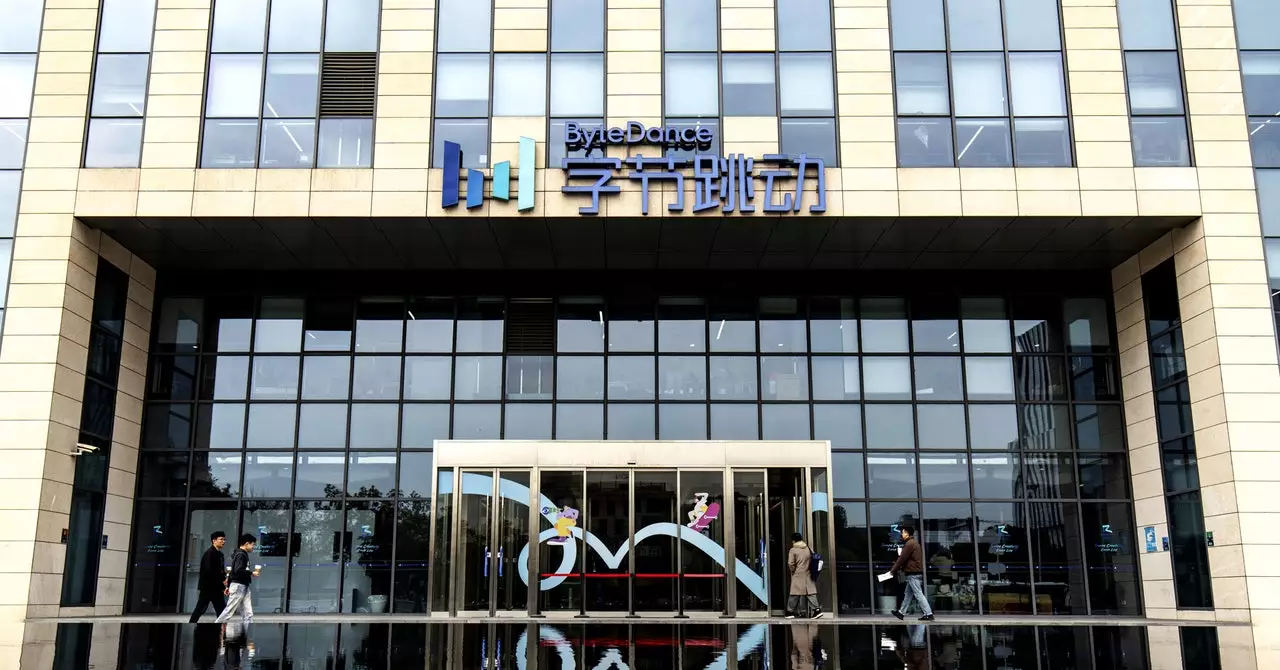In a striking twist in the world of artificial intelligence research, former ByteDance intern Keyu Tian has emerged as a celebrated figure following his recent accolade at the Neural Information Processing Systems (NeurIPS) conference. Recognized as a promising master’s student in computer science at Peking University, Tian and his coauthors were awarded the main Best Paper Award for their innovative work titled “Visual Autoregressive Modeling: Scalable Image Generation via Next-Scale Prediction.” The paper promises to change the landscape of AI image generation through a more efficient and rapid methodology. However, the honor is entwined with controversy, casting a long shadow over both Tian’s achievements and the integrity of the NeurIPS conference.
While the paper has garnered acclaim for its scientific merit, the backdrop of Tian’s professional journey raises profound questions about accountability in the research community. Reports have surfaced that Tian was previously dismissed from ByteDance due to allegations of professional misconduct, including claims of deliberately undermining his colleagues’ work. The company has since initiated a legal battle against him, seeking over $1 million in damages. This juxtaposition of one of the top honors in AI research against the landscape of ethical failures invites scrutiny regarding how the academic community evaluates not just the merits of research, but also the conduct of its contributors.
The decision to award Tian has sparked debates within the academic community, shedding light on the perceived discrepancies between scientific accomplishments and ethical considerations. Critics, such as Abeba Birhane of the AI Accountability Lab, have voiced concerns about the precedent set by awarding a paper authored by someone facing serious allegations. Birhane’s comments highlight a broader discussion about the responsibilities of conferences like NeurIPS, which pride themselves on upholding high ethical standards. The apprehension lies in the belief that awarding such work without delving into the context surrounding its authors may undermine those very standards.
In response to the growing concerns, representatives from NeurIPS emphasized that the award was granted based on the intrinsic scientific value of the research, adhering to the blind review process that excludes consideration of authorship. This stance raises significant questions about how effectively the conference balances rigorous scientific standards against the ethical implications of the researchers behind the work. The scrutiny NeurIPS faces not only reflects on its evaluation criteria but also on the broader need for the AI research community to introspect and fortify their commitment to ethical practices.
As the dust settles on this particular controversy, it becomes clear that the intersection of ethical conduct and scientific innovation will continue to challenge AI researchers and evaluators alike. The case of Keyu Tian serves as a poignant reminder that while groundbreaking advancements are celebrated, the integrity of those advancing the field must also be rigorously examined. If the AI community is to sustain its innovative momentum, it must learn to navigate the complexities of misconduct allegations alongside the pursuit of excellence in research.

